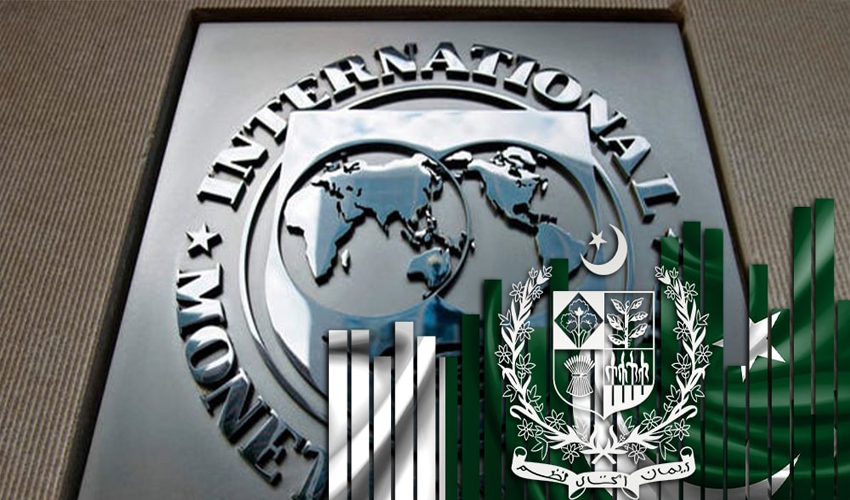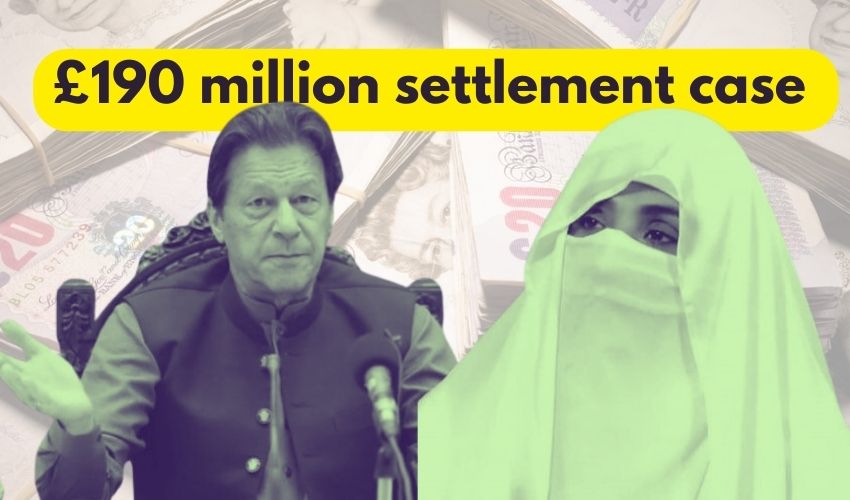As negotiations between Pakistan and the International Monetary Fund (IMF) continue, discussions have turned to proposals regarding the upcoming budget, with a focus on cracking down on unregistered traders and increasing taxes on non-filers' cash transactions.
Sources close to the negotiations reveal that the upcoming budget will include strict measures against unregistered traders, aiming to bring them into the tax net. Notices will reportedly be sent to businesses not registered through the 'Tajir Dost' app, and penalties under Section 182 of the Income Tax Ordinance are anticipated for non-compliance.
Unregistered businesses could face fines of up to Rs10,000, as per the sources.
Also Read: Govt assures IMF of transparency in SIFC operations
Moreover, in a bid to curb tax evasion and enhance revenue collection, the budget is expected to propose increased taxes on cash withdrawals by non-filers. Currently, non-filers are subjected to a 0.6% advance tax on bank withdrawals exceeding Rs50,000.
The new proposal suggests raising this tax rate to 0.9%, aiming to collect over Rs15 billion in advance tax from non-filers' cash withdrawals.
Furthermore, the budget is likely to introduce higher taxes on the import of non-essential and luxury goods, including imported vehicles above 1300cc. Additionally, sources indicate a proposal to increase withholding tax on all new vehicles above 850cc.
However, amidst these tax adjustments, there are expectations of decreases in income tax, sales tax, and customs duty exemptions, as per sources familiar with the matter.
Also Read: Pakistan assures IMF of increasing basic electricity tariff
On the other hand, the government has assured the International Monetary Fund (IMF) of transparency in the operations of the Special Investment Facility Council (SIFC).
According to the details, negotiations between Pakistan and the IMF for a new bailout package are going on, with an IMF mission currently visiting Pakistan on a two-week visit.
The IMF has been assured of transparency in the SIFC's operations, sources said, adding that investments would be made under the Public Investment Management Framework.
According to the sources, there will be no unequal investment opportunities, incentives, or promises of guaranteed returns through this forum.
Also Read: PSX witnesses new record: KSE-100 index soars above 75,000 points
Also, the Ministry of Energy has assured the IMF of its commitment to raising the base tariff of electricity, signalling an impending increase in electricity prices across Pakistan. According to the ministry, the hike in basic electricity prices will come into effect from July 1, impacting consumers nationwide.
The basic tariff will be increased following the adjustment in the multi-year tariff by the National Electric Power Regulatory Authority (Nepra). The Ministry of Power has announced that the retail price of electricity is expected to rise by Rs7 per unit.
Sources reveal that the minimum national average tariff will witness a notable increase from Rs29 to Rs36 per unit. This adjustment is expected to impact all categories of electricity consumers except lifeline customers, who currently benefit from a subsidized tariff structure.



























